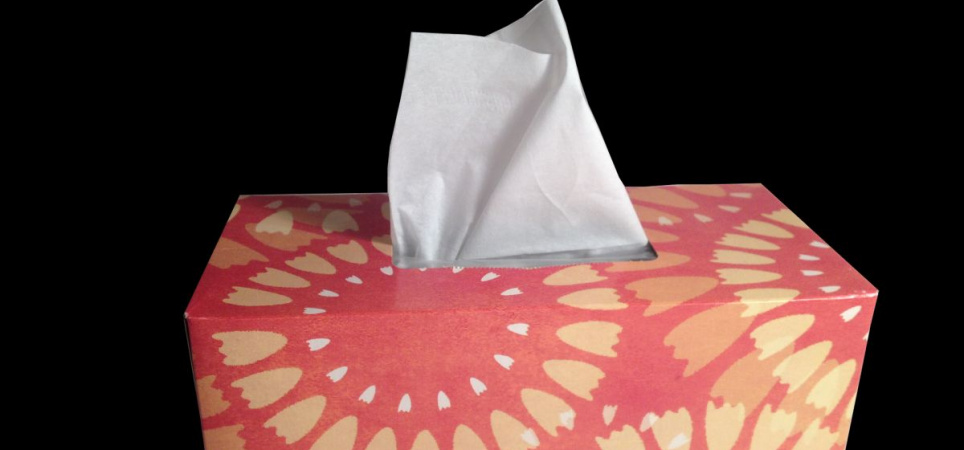Most of the teachers are not happy with the snot decision
Two-thirds of the staff in primary education think it is unwise that children with a cold come to school. A third thinks it is fine. Teachers especially fear that classes will have to go home more often due to the whiskers decision. Because staff who have a cold are not allowed to go to school.

Image: Pixabay
De AOb polled its members in primary education about the so-called snot nose decision, which the cabinet unexpectedly announced last Friday. The decision means that children under the age of thirteen with mild complaints, such as a snot nose and sore throat, can go to school as usual. That is 'not good', says 66 percent of primary education staff.
Last week I had five sick, I think it's very nice that these students stayed at home
Dilemma
The responses to the poll clearly highlight the dilemma facing the profession. More than three thousand of them filled the poll in. Teachers think the snot nose decision is good for the children - because they can go to school - but not good for the staff who are more at risk in this way. 'My students are almost twelve years old,' writes a teacher, 'the corona virus will not exactly adhere to this age limit. Last week I had five sick, I think it's very nice that these students stayed at home, were tested and turned out not to have corona.
Teachers want to be able to do their work safely, want the best for the students and are often fathers or mothers themselves. 'I like this decision for my own child, it also allows me to go to work myself. In addition, so many children during this period have complaints that differences and possible arrears would become increasingly greater. But this measure is not good for the risk that the staff runs.'
Classes home
Ultimately, many respondents fear that classes will be sent home more often because of the snot nose decision. 'When children come to school with a cold, they infect other children and teachers. Then classes will sit at home, because we are not allowed to go to work when we have a cold,' says one respondent. Government decisions are also becoming increasingly unclear to them. A kindergarten teacher writes: 'In the beginning, even different groups were not allowed to play outside together. Do all children with a cold go to school now?'
The number of infections is increasing, while relaxing the measures at the same time is difficult to explain
Eugenie Stolk, president of the AOb, concludes that the whiskers decision is not well received by the majority of the staff. “The number of infections is increasing and at the same time relaxing the measures is difficult to explain and gives an unsafe feeling. We clearly convey this signal in the discussions we have with the minister and politicians. ”
Take care at home anyway
In Amsterdam, schools called on parents this week to preferably take care of their children at home when they have a cold. It is a difficult position, says Bert Mellink, deputy director of the Amsterdam Westerpark School in the Algemeen Dagblad. 'The government has determined that children with a nose cold or tickly cough no longer have to stay at home, but we want to keep our teachers healthy and limit dropout.'
Do you work in education and do you have work-related questions about corona? Check out our frequently asked questions.


